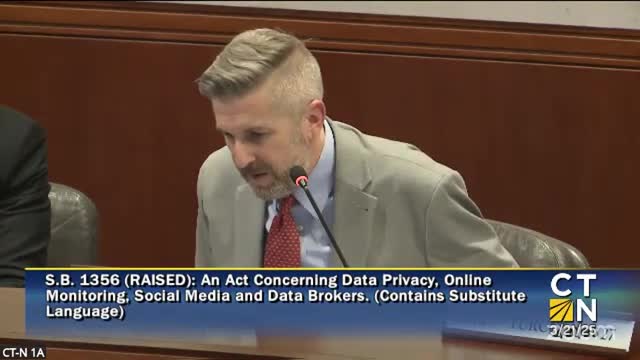Article not found
This article is no longer available. But don't worry—we've gathered other articles that discuss the same topic.

Committee approves updates to state data privacy, children’s online safety and consumer-protection measures

Committee advances two AI bills seeking guardrails, training, and state data access

